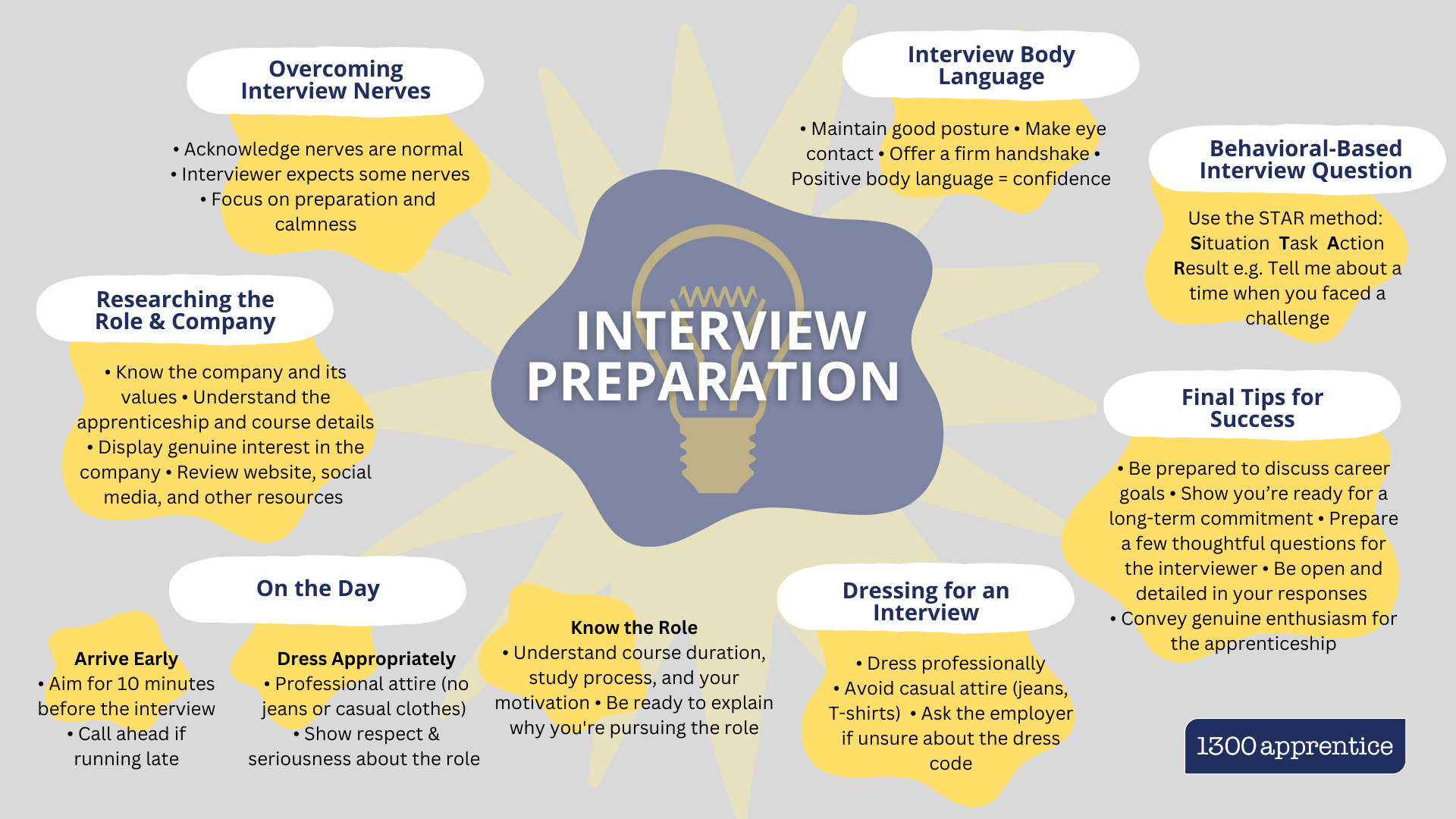10 Tech Skills of the Future
Want to work in tech? You’re not the only one.
With all the action, money and impact made by Silicon Valley, more people want to work in the tech industry than ever before. It’s also not just the US or Europe that has lucrative jobs in technology, Australia’s tech industry is growing too. The Labour Government and the Australian Tech Council have committed to achieving 1.2 million tech jobs in Australia by 2030.
However, there is a large gap between the extra 60,000 IT workers needed each year to achieve this goal, with only 7,000 IT degree graduates each year reported in ACS’s Digital Pulse report. This means a large portion of this number will come from workers currently in the workforce, reskilling.
So if you’re a student or looking to switch careers, it may be just the right time to start considering a career in technology.
Technology is always evolving, and consequently, so is the demand for individuals with the skills to program, code, maintain, influence, shape and secure it. With the many different technologies and specialisations in the industry, you also have a wide range of tech jobs of the future to choose from based on your interests and skills to start preparing for when planning your career in tech.
In Demand Skills in Tech
The perfect place to start a tech career in Australia is through a traineeship.
For such a technical and ever-changing industry, we’ve seen trainees in information technology get a lot out of their traineeships by learning new skills and putting them to use through real work experience from day one. Skills that will be undeniably valuable across a diverse range of tech career paths.
- Programming
Programming is the process of creating a program that can perform a task. In an increasingly digital world that is moving towards automation and AI, programming will continue to grow as an in-demand tech skill. However, you don’t need advanced software development programming skills to be in high demand. Basic programming skills are highly valuable skills in tech. Businesses will need individuals with basic programming skills to create internal programs to assist their business processes.
There are lots of opportunities and specialisations in programming that you can explore and choose to narrow in on once you have found what you enjoy during your traineeship.
- Coding
Where programming is the process one learns to create a program, coding is the language that is used to develop and hold information. It’s easier to become a coder, but it is important to note that there are many coding languages out there apart from those used for programming.
For starters, there is:
- Web development: HTML, CSS and Javascript
- Mobile app development: Swift and Javascript
- Database: SQL, C++, Java and Python
- Database
Data science was called the sexiest profession of the modern century by the New York Times, and it’s one of the top jobs of the future that Gen Zs have shown interest in. The beginning blocks of learning how to step into this role are skills in reading, maintaining and creating information systems. In Certificate IV information technology, done through a traineeship, we teach you how to develop databases, as well as how to modify and interpret existing ones.
- Networking
Networking in this context refers to the computer networks that connect different computers and other computing devices like faxes, printers and internet modems together. Information Technology trainees learn basic networking to diagnose issues when computers are no longer connected to the network or computer-inputted demands aren’t properly working.
- Web Development Support
Errors can start appearing when new updates are made online or new demand is put on a website. Individuals with skills in website development support are able to diagnose the problems and update the programming with new changes to ensure that everything looks and runs smoothly.
- Security System Development
As online and digital infrastructure continues to grow, there is a growing need for more security in systems and networks. IT professionals specialising in cyber security thus need to understand how to set up software, tools, systems and actionable protocol to ensure businesses are protected against insider and external threats. On top of setting up these systems, cyber security trainees learn how to detect attacks and use the right tools to defend against these breaches.
- Cyber Security Testing
To ensure that an organisation’s security systems are up to standard against inside and outside threats, cyber security professionals always need to anticipate and prepare against future threats. Cyber security trainees learn how to simulate attacks on a system to identify an organisation’s vulnerabilities in what many may understand more as ‘ethical hacking.’ Additionally, they test out new security structures against these threats to see how well they hold up.
- Software Installation
Another underestimated tech skill in the modern workplace is software installation. While downloading and installing software may not sound difficult on the surface, there is a lot more that goes into this process on an organisational level. Information Technology trainees learn how to analyse and identify if a computer is compatible with new software with its hardware and operating system. Additionally, individuals with this skill have a good understanding of hardware and software to recommend the best program to fit the needs of an organisation. IT specialists with software installation expertise also need to be able to install software with all updates, configure the program for optimal performance, provide user training and create shortcuts to make it easier to launch. As a trainee, you will learn how to download, install and implement software across the board to be ready to use.
- Active Listening & Communication
One of the skills you learn as an IT professional that is unique to a traineeship path is the soft skills you develop by working in a real work environment. Through an IT, cybersecurity or electronics and communications traineeship, you learn how to attentively listen to people asking for help and extract useful information to resolve IT issues. As an ICT support professional, you will need to communicate with staff about how they can resolve their issues over the phone. This is one of the prime skills that employers are looking for when they are hiring someone in an ICT role in their organisation.
- Finding the answers to your own questions
A career path in computer science demands a lot of technical skills, which means you’re always coming across new challenges and learning to find solutions to complete tasks. If you are looking to kickstart a career in computer science, it is important that you are naturally curious, enjoy constant learning and gain satisfaction from rising to new challenges. In an information technology, cyber security or electronics and communications traineeship, you also won’t be going it alone with training, support and supervision from within the industry.
Get Started In A Tech Career
In a report by Labour Market Insights and the National Skills Commission, occupations in STEM are predicted to grow by 14.2 per cent from 2021 to 2026—almost twice their non-STEM counterparts. These projections were released before the Government’s commitment to a tech job boom.
1300apprentice is an apprenticeship and traineeship provider in Australia, partnering with employers to help students find fulfilling training and work experience. We’ve assisted over 2000 students in finding successful outcomes in rewarding careers.
It is important to note finding and succeeding in a career in one of the top tech jobs of the future means constant learning, with all the new developments in technology and the wide range of specialisations in each niche.
Start looking for a job in computer science.
Contact us for any assistance.




